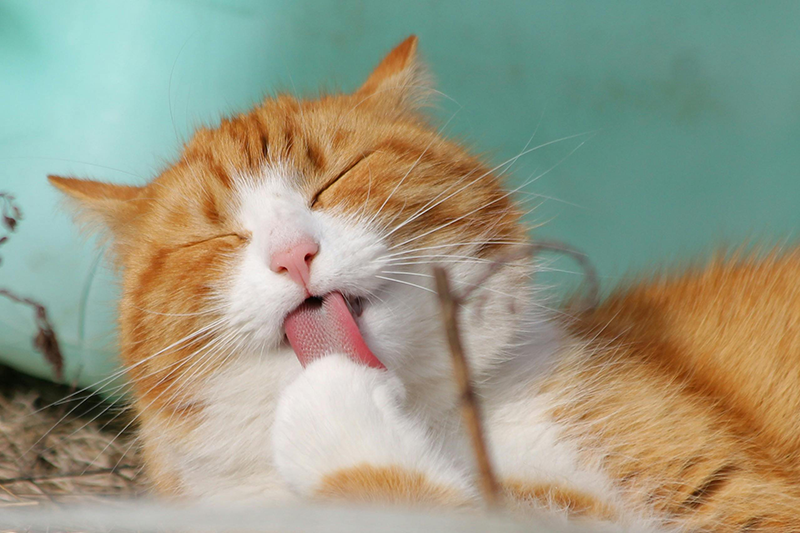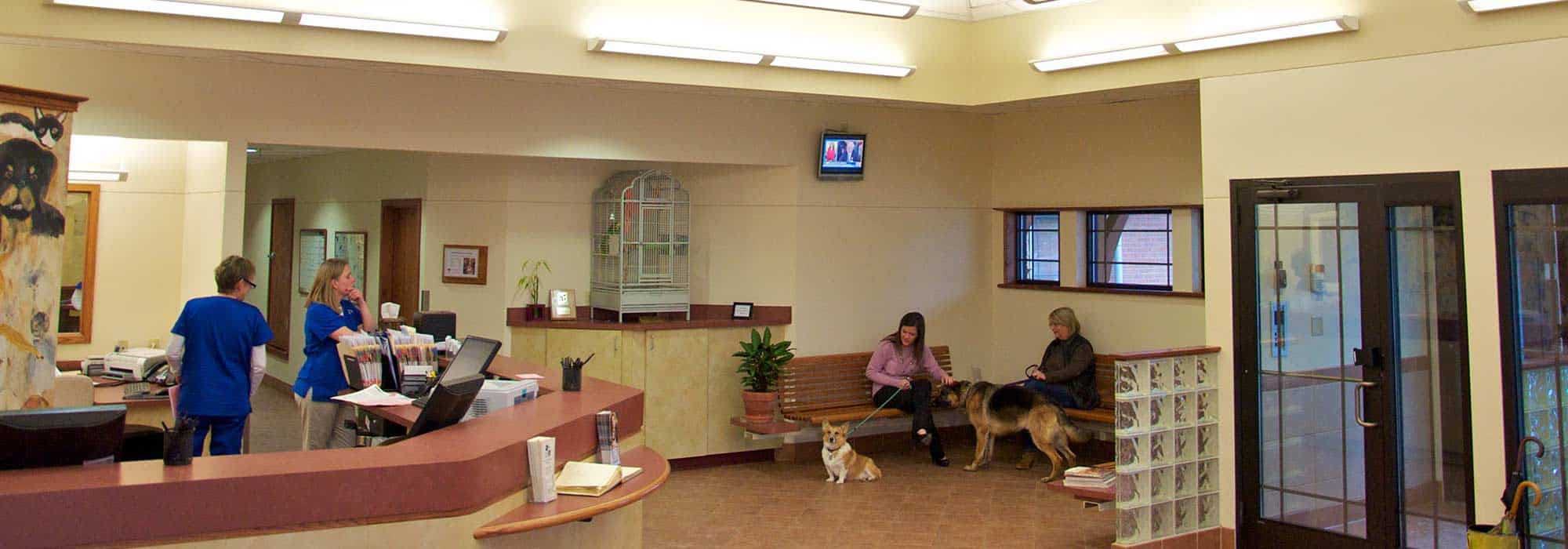Annual Blood Work & Your Cat’s Health

Preventive Veterinary Care Helps Senior Cats Live Happier, Healthier Lives
Annual blood work is an essential element of your senior cat’s health. Just as a human’s doctor will encourage more preventative medicine as a person ages, so will a veterinarian want to be on the lookout for early signs of disease in an older pet.
Geriatric blood work panels include:
- CBC (Complete Blood Count): Provides information on red blood cells, white blood cells and platelets
- Major Profile: Measures values for the kidneys, liver and other organs
- Thyroid Screening: Measures the thyroid’s hormone levels, which are especially important in cats
- Urinalysis (not blood work, but diagnostically useful): Analyzes the microscopic and chemical properties of your cat’s urine to measure kidney and urinary function/health
All of these tests give your veterinarian a clear picture of your pet’s organ health and function. They’ll be able to assess how your cat’s internal systems are functioning, and if there are any areas for concern.
When Should My Cat Receive Senior Blood Work?
The overall health and condition of your cat determines when your veterinarian will first recommend a senior blood work panel. Other considerations include the size of your pet and if your cat’s breed has any known health issues. In general, you can expect your cat to start benefiting from senior blood work diagnostics from eight to 10 years of age.
What Happens After My Cat’s Blood Work Appointment?
Once your veterinarian has had an opportunity to analyze all the lab work, they will reach out to you with results. Blood work results can have three outcomes:
- Definitive: The results clearly identify a health problem, and treatment is required. Treatments depend on the disease and may include medications, change in diet or closer monitoring.
- Indicative: The results aren’t quite normal, but they don’t conclusively show a particular health problem. A problem is indicated, but there’s not a specific diagnosis yet. Additional diagnostics are required to narrow down what’s wrong, which may include X-rays or additional blood work.
- Normal: When the blood work is negative for any abnormalities, this is the best result! Your senior cat is entering their golden years in good health. Your veterinarian will likely recommend to repeat the geriatric blood screen next year.
If the results are definitive or indicative and a health issue is found, your veterinarian may find it helpful to repeat the blood work panels every six months, or even every three months.
If your cat is approaching senior years, reach out to us to see about making a senior wellness appointment. See our Senior Pet Care Resources for more information on helping your pet age gracefully and in good health.

